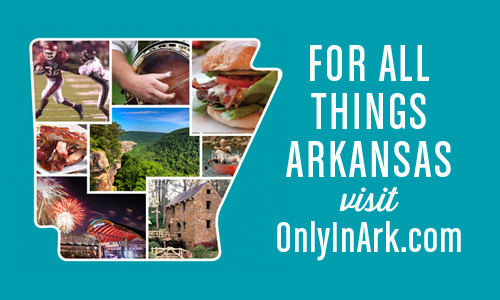…it was the topic at lunch this week.
Answer: you can’t tell.
If it is estimated that 56% of adults in AR can only read at a 4th grade level then looking around the restaurant I was stunned to think of the number of people in the room we could be talking about.
I was surrounded by business professionals, parents meeting their young professional children, a future Senator, and the guy across the table from me…a board member for the Ozark Literacy Council, and my friend.
As we talked about what he’s learned while serving on this board, I wrote several notes. One liners that pricked my mind into thinking. Thoughts that had me riveted in conversation and bits of conversational gristle I’ve not been able to chew down.
Like the thought that you can’t really tell someone who is illiterate, functionally literate or full functioning literate from one another. On the outside the only thing that might separate us is the cover letter that accompanies our resume. The struggle is real and people all around us face it every day.
Many of those who would fall into this functionally literate category surround us every day. Functional = can you get by? Can you read a menu, a receipt, or an instruction manual? Think about some of these things these neighbors face:
- coping to get around
- trying to help their kids with homework
- they follow patterns of behavior of those around them – just copying
- do they really listen when the pharmacist at Walgreens tells them the side effects when they hand them their prescription? Do they know how other medicines will interact or what the medicine might do to their driving or sleeping? Without listening, they never read the enclosed documentation (heck, I don’t read it either) and get the information needed for their personal health.
- at work, they often stay in a position once they learn it because they cannnot read to learn a higher skill without one-on-one demonstrative training.
- ever thought about the fact that technical English is a totally different dialect than every day conversational English? Think about how hard it is to put together a piece of furniture you buy at the store where everything is numbered and labeled and you have no directions. How frustrated do you get…
It is much easier to go into the school system and see reading level issues and work alongside a student to bring them up to a higher reading level. But that issue is all together different for an adult. The only way to capture this is to catch a mistake, ask them to read, or trust that they will walk in the front door of one of these centers. And think about the social crucifixion it takes to walk into the front of a Literacy Center and say… “I can’t read,” when you are an adult.
During our lunch conversation (over tacos!) I was moved. Moved about the audacity it takes to admit a fault in oneself. And how much more gumption has to be involved when that flaw involves something that is socially not accepted.
I applaud the efforts of Tyson Foods who is partnering with the Ozark Literacy Council to make a change. This partnership builds on Ozark Literacy Councils commitment to adult literacy through language literacy, civic literacy, financial literacy, health literacy and workforce literacy as platforms to teach. Literacy is much more than just being able to read. Putting letters together into words and words into sentences and sentences into paragraphs that tell a story is a learned skill. A skill if missed at the opportune time, ie grade school, becomes a luxury. A luxury even to the US – Arkansas – Northwest Arkansas.
Literacy makes a difference for young people, old people, white people, internationals, people who check you out at a gas station, serve you at a restaurant, answer the phone when you call a bank and work in factories to make items you use every day.
Illiteracy doesn’t have a specific face. It doens’t wear a certain color, emit a distinguished smell or facilitate a certain stage of life.
It does however suffer from complacency, loneliness, guilt, and shame. It admires the rich and the rich in spirit. It fights for the next generation to know better and do better. Its knows that privilege, luck and busy keeps blinders up for the rest of us. And so we all keep marching on; forward in our own directions.
This post is part of the #NWArkCares series by the Northwest Arkansas Bloggers group. To view other posts, visit the Northwest Arkansas Bloggers Pinterest Board or follow #NWArkCares through social media.








